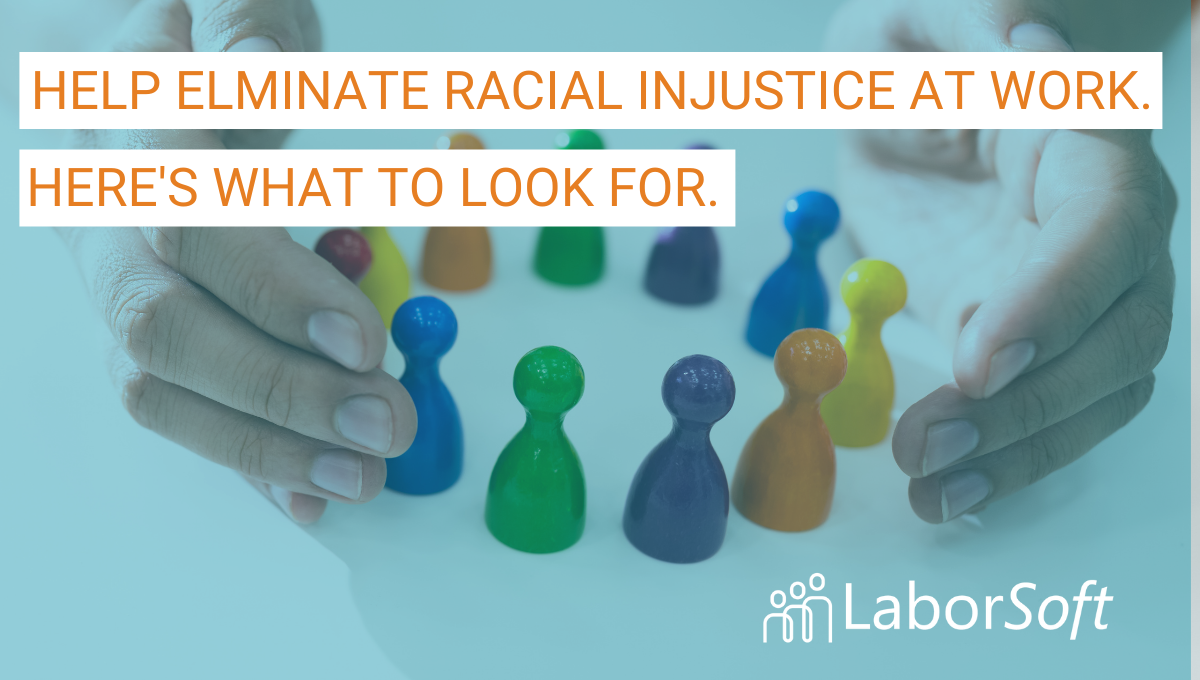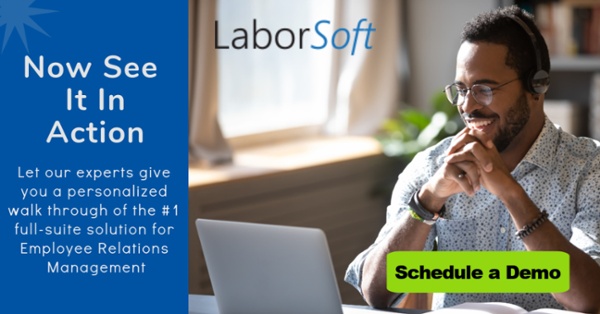Compliance & Legal | Discrimination
Recognizing Racial Injustice in the Workplace
Read Time 2 mins | Jan 13, 2021 | Written by: Frankie Kourtis

The need for racial justice is pushing forward across all aspects of American society, and the business world is no different. Racial injustice and systemic oppression entered the public debate in a big way in 2020, and it's helped a lot of businesses realize racism in their own workplaces.
Any type of discrimination needs to be addressed, not just for the overall social good, but also to prevent your company from potentially being legally liable. Racism, harassment, and other hostile-workplace lawsuits can easily cost five to six figures. Even if a judgement is found in a business’ favor, the money spent on legal representation is money lost.
Recognizing Racial Discrimination In The Workplace
The most common types of discrimination are generally going to fall under the category of "microaggression," as defined by the American Psychological Association. This comes in three basic types.
1 – Microassaults
These are the most overt forms of racism typically seen in the workplace. Racial slurs would be an obvious example, but it can also manifest through actions which deliberately exclude minorities. For example, if a manager has a pattern of giving the best assignments to white workers. Over a long term, this can have significant negative impacts on the career of a minority employee.
2 – Microinsults
Short of outright slurs, microinsults are comments or questions which insult by insinuation, or are deliberately meant to be provocatively rude while still leaving plausible deniability. For example, repeatedly questioning the credentials of a minority employee - suggesting the credentials are illegitimate - or using 'dogwhistle' language such as referring to them as "eloquent" or "one of the good ones."
3 – Microinvalidations
Finally, microinvalidations are questions, comments, or insults meant to reduce a minority worker's standing. Repeatedly asking "where are you from" could be an example, when speaking to a native-born American, because it suggests they are outsiders simply due to their physical appearance.
HR professionals, department heads, and managers must address suspected racial injustice in the workplace. Failing to take action or taking a passive approach can easily lead to lawsuits and irreputable damage to a company’s reputation. It’s imperative that you address employee complaints in both a timely and accurate fashion to mitigate any risk to your organization.
LaborSoft’s innovative technology keeps your business, in business. Our employee relations analytics, case management workflows, and our central repository of documentation streamlines case management to mitigate risk of operational bottlenecks, costly lawsuits, and legal ramifications stemming from HR issues and complaints including discrimination.
Contact us for a customized demonstration and learn how LaborSoft can help you improve communications, build a more collaborative, safe, and supportive workplace, while reducing the likelihood of costly litigation.
-------------------------------------------------------------------


